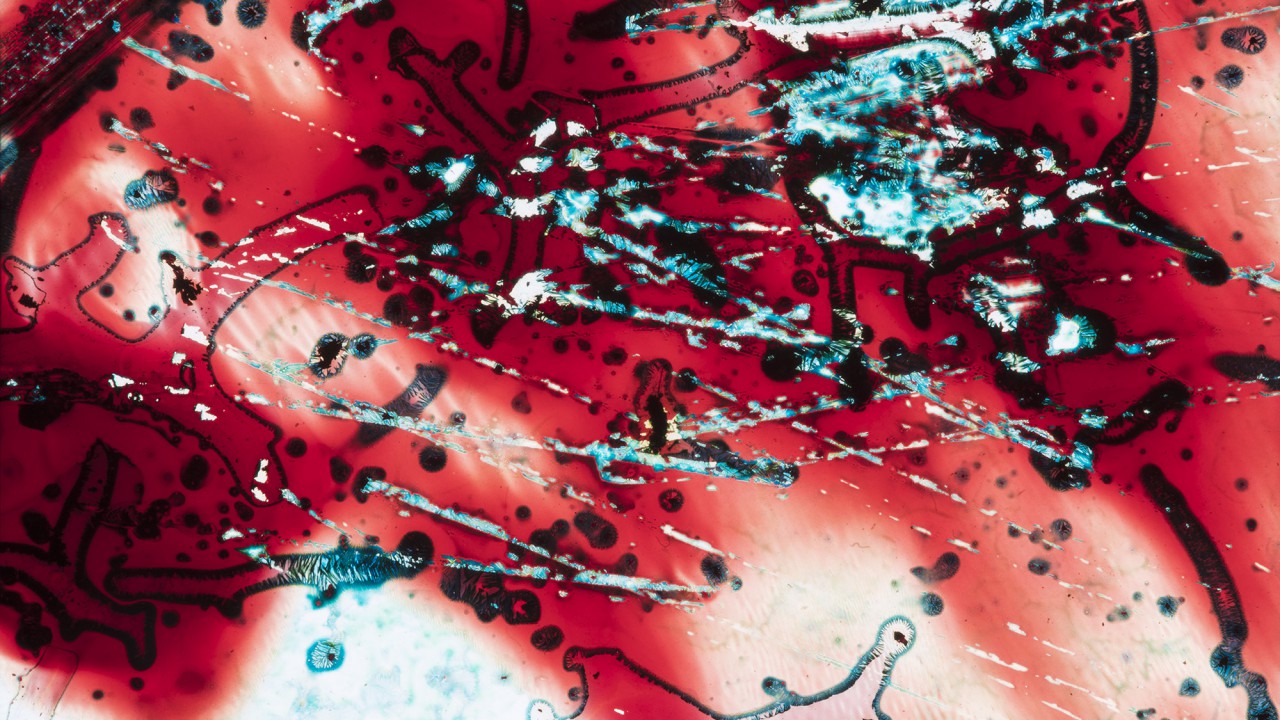
Film by Design. Bauhaus and the Moving Image
In conjunction with the Bauhaus Centennial, this film series will reconstruct how members of the Bauhaus—one of the most progressive art, architecture and design schools in the early 20th century—actively engaged with moving images between the years 1919 and 1933. It explores a vibrant field of experimentation with a medium that has long remained marginal in the accounts of the Bauhaus by tracing how artists, architects, designers, weavers, typographers and photographers turned to film both as a new mode of artistic expression and as a tool of design: film sketches, abstract animations, cinematic form sequences, and colored lightplays emerged at the Bauhaus alongside new attempts to create an architectural film—or what Walter Gropius often referred to as “Bauhaus film”—that would capture the new architecture through the medium of moving images. Further fostering the school’s multi-faceted engagement with film, Bauhäusler simultaneously began to experiment with celluloid strips as a light, elastic and flexible material for design studies in the preliminary course; they incorporated sheets of celluloid in photocollages, costume designs and furniture coatings; and made frequent use of filmstrips for posters, flyers, book covers and other objects within their visionary advertising and exhibition designs.
Conceived as a five-part film series in collaboration with the exhibition The Bauhaus and Harvard at the Harvard Art Museums, the two programs presented will shed light on some of the most overlooked aspects within the Bauhaus’ wide-ranging engagement with film. The first focuses on pieces by female Bauhäusler and women artists who worked in the immediate Bauhaus circles. It traces a significant shift from their largely uncredited animation work for well-known avant-garde filmmakers in the mid-1920s to their active part in shaping a socio-critical architectural cinema in the early 1930s. The second program moves beyond the Bauhaus years and presents a spectrum of films by former Bauhäusler and students at the School of Design in Chicago (formerly known as the New Bauhaus, founded by László Moholy-Nagy). Ranging from cinematic studies of nature’s forms, abstract animations and visual music experiments to a playful documentary of student work at the School of Design, this program elucidates how film experiments in the post-Bauhaus years remained closely tied to the Bauhaus’ ongoing pursuit of new forms of art, architecture and design.
Providing a background for these (post-)Bauhaus film experiments, the three programs presented at the Harvard Art Museums reconstruct three crucial “film years” at the Bauhaus—the Bauhaus Week in Weimar in 1923, the Dessau Inauguration in 1926 and the Bauhaus’ Metal Party in 1929. Each of these programs offers a panorama of films that were projected at these pivotal events or made at the Bauhaus at that time. They show how Bauhäusler’s fascination with film went far beyond the realm of abstract animations and architectural films by including scientific films, time-lapse experiments, movement studies and advertising films, which posit film as a pivotal medium for the study of the transformation of form at the Bauhaus. – Laura Frahm, Associate Professor of Visual and Environmental Studies
Before each screening, guests are invited to visit the Bauhaus and Harvard exhibition at the Harvard Art Museums from 6–7pm. Please enter the museums via the entrance on Quincy Street.
The other film programs in the series take place at the Harvard Art Museums’ Menschel Hall, Lower Level at 6pm:
February 28: Part 1 – Bauhaus Week, Weimar, August 1923
March 28: Part 2 – Inaugural Festivities, Bauhaus Dessau, December 1926
April 18: Part 3 – Metal Party, February 1929
Please enter the museums via the entrance on Broadway. Doors will open at 5:30pm. Free admission, but seating is limited. Tickets will be distributed beginning at 5:30pm at the Broadway entrance. One ticket per person. Following each screening, guests are invited to visit the Bauhaus and Harvard exhibition on Level 3 until 8pm.










